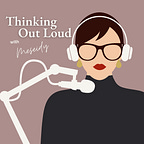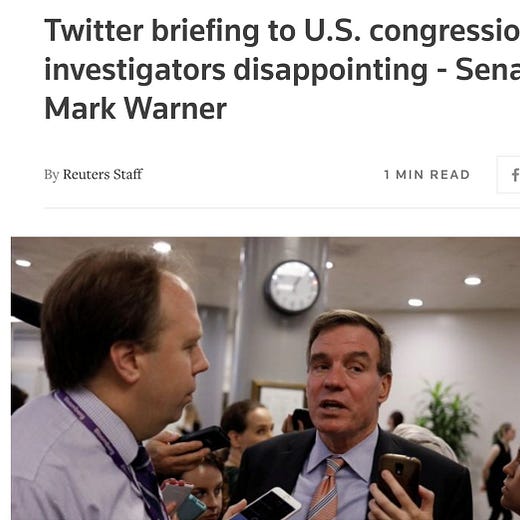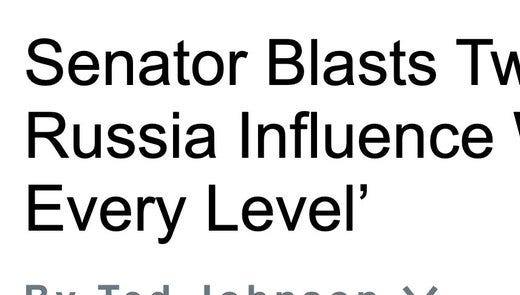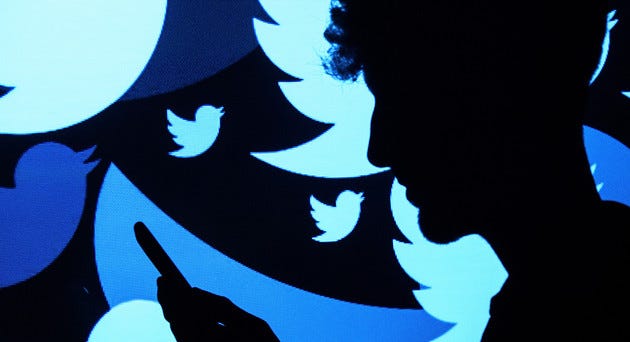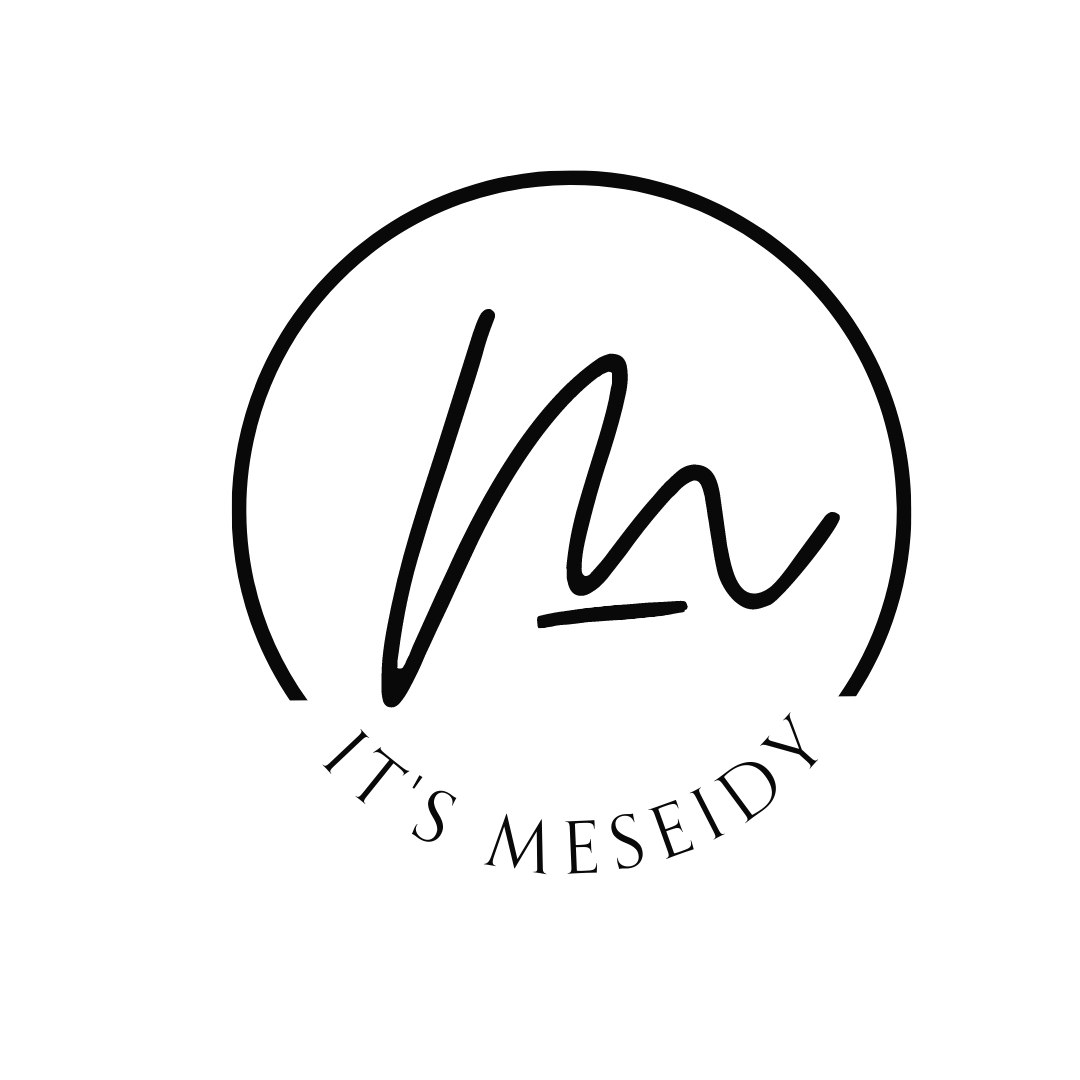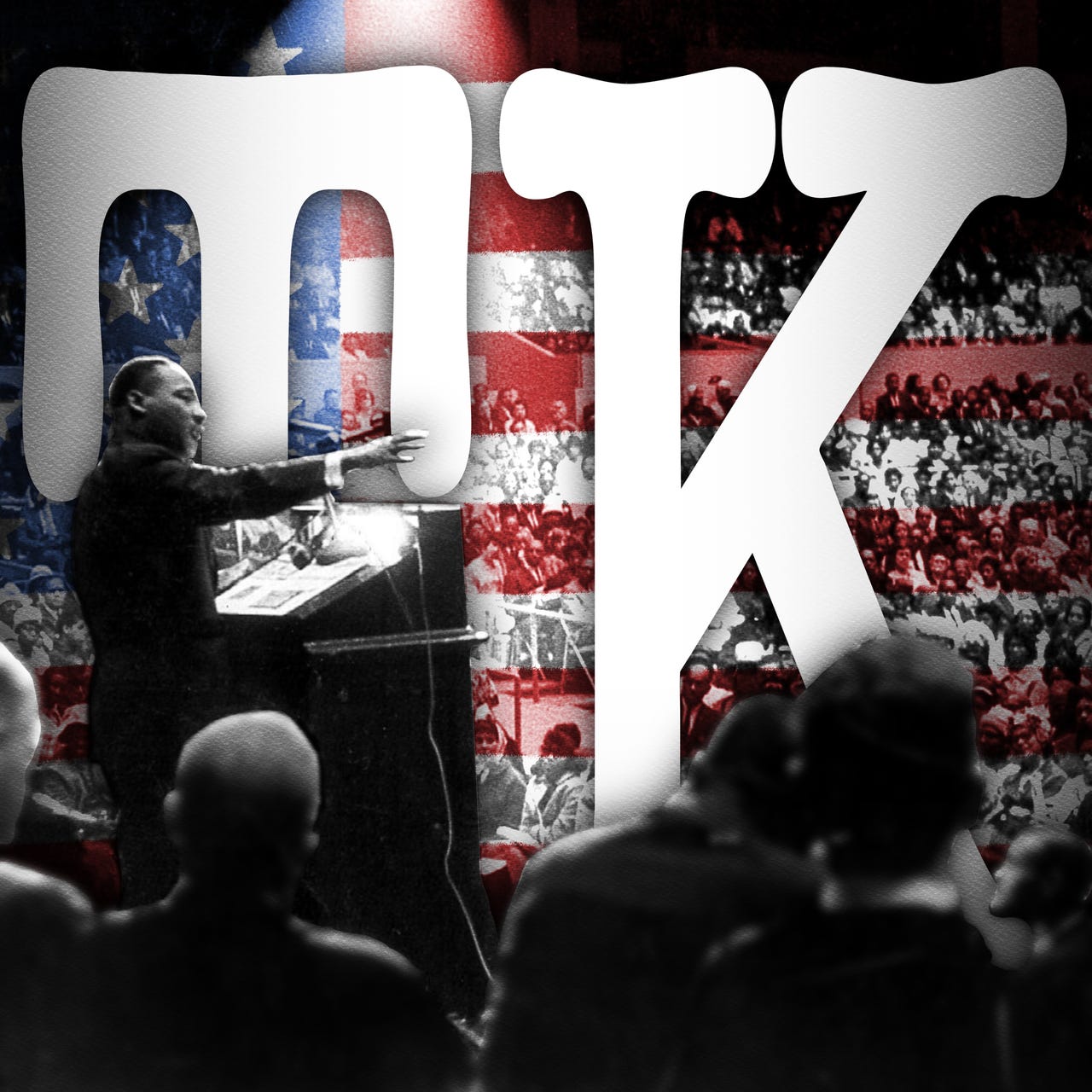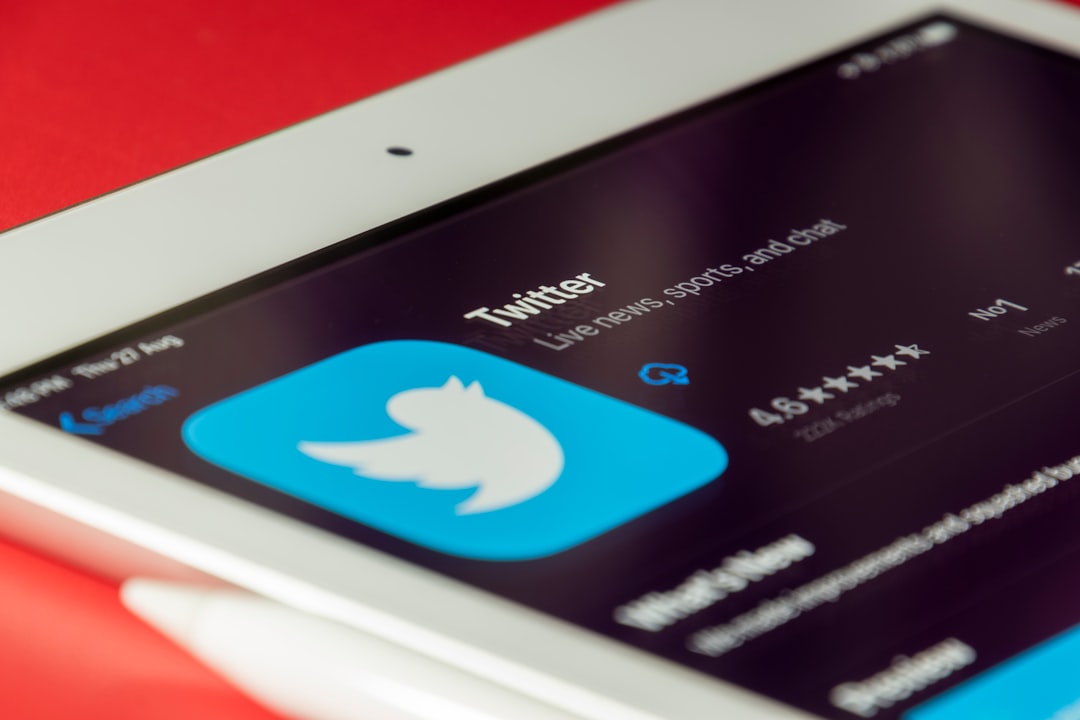Let's travel back to when, after the flood of leftist tears, Trump won the election.
In June 2017, demonstrators (here in New York) demanded that light be shed on possible Russian interference in the 2016 election. Eduardo Munoz Alvarez/AFP
Leading up to and after the 2016 election, there were reported warnings and concerns that Russian interference ultimately led to Trump winning the election.
And Hilary Clinton made sure to emphasize that she lost the election due to Russian interference and Trump was not a legitimate president.
During the Women For Women International luncheon in 2016, Clinton said, Russian President Vladimir Putin certainly interfered in our election, and it was designed to hurt her, help her opponent, and that Trump took advantage.
In August 2017, Facebook suspended 300 accounts for "suspected Russian origin."
Following the announcement of the suspension of those accounts, Twitter also analyzed its platform, looking for any accounts of Russian origin. They found that they had less than 25 accounts that could be of Russian origin and therefore were not concerned with having a "Russian problem" like Facebook.
However, the Senate Intelligence Committee was concerned about possible Russian interference on social media overall and requested a meeting with Twitter executives on the issue.
Following a scant review, in September 2017, Twitter informed the Senate Intelligence Committee that it suspended 22 possible Russian accounts, and 179 others with "possible links" to those accounts, amid a more extensive set of roughly 2700 suspects manually examined.
But Sen. Mark Warner of Virginia, a member of the Senate Intelligence Committee, was not happy with these numbers. Guess they didn't demonstrate enough of an issue of Russian interference on Twitter to support the claim of interference. Warner held a press conference calling the report "frankly inadequate on every level."
It became clear to Twitter that Warner would not let this go. Public Policy VP Colin Crowell wrote in an email, "Warner has a political incentive to keep this issue at the top of the news, maintain pressure on us and rest of industry to keep producing material for them."
Pressure from the Democrats and the press continued to mount, leading them to form a "Russia Task Force." The task force working off shared data from Facebook looked for accounts that could be tied to Russia's Internet Research Agency, Russian online propaganda, and influence operation on behalf of Russian business and political interests.
After a though review of 2700 accounts that included several manual reviews and a modal update that lowered its precision but produced greater results, Twitter found "32 suspicious accounts and only 17 of those are connected with Russia, only 2 of those have significant spend one of which is Russia Today and the remaining <$10k in spend."
This was unacceptable. Warner and the Intelligence Committee wanted results. It didn't matter how many reviews Twitter conducted and what parameters they set in their review; if the numbers didn't satisfy Warner and the Intelligence Committee, they would not be accepted.
At the same time that the Intelligence Committee was putting on pressure, so was the press. Politico reported in October 2017, "Twitter has deleted tweets and other user data of potentially irreplaceable value to investigators probing Russia's suspected manipulation of the social media platform during the 2016 election, according to current and former government cybersecurity officials."
No individual or name is given, simply the generic "current and former government cybersecurity officials."
The Washington Post reported that social media platforms could face potential legislation that would affect their political advertising, a significant source of revenue at the time.
Feeling the pressure, Twitter "pledged to work with them (Senate staff) on their desire to legislate," removed Russia Today and Sputnik from the platform, and started to make product and ad policy changes.
But the Intelligence Committee was fixated on numbers. They did not care about Twitter's cooperation. They wanted to see more significant numbers of Russian-origin accounts. They wanted to see a problem where a problem did not exist, and to force Twitter's hand; the Intelligence Committee leaked the base list of 2700 accounts.
Following the leak, reporters from everywhere started to call Twitter, wanting to know what was up with the 2700 accounts. Buzzfeed, working with the University of Sheffield, contacted Twitter and claimed to find a "new network" on Twitter that had "close connections to… Russian-linked bot accounts."
Come hell or high water, the Senate Intelligence Committee wanted numbers; they wanted Twitter to increase moderation and to know what happened with these 2700 accounts. The majority of which Twitter had already determined through an exhaustive audit not of Russian origin.
When the committee didn't get the results, it wanted it threatened legislation and leaked information leading to the press piling on the pressure.
Eventually, Twitter buckled and apologized for the same accounts they'd initially told the Senate were not a problem and adopted a public and private policy.
Publicly Twitter removed content at its sole discretion. Still, privately it would "off-board" any accounts that were "identified by the U.S. intelligence community as a state-sponsored entity conducting cyber-operations." Formalizing a partnership with the U.S. intelligence community.
At this time, Elvis (U.S. Intelligence Community) enters the building. And, no, this isn't wordplay. An FBI agent named Elvis plays a significant role in this saga. But here shows up later.
According to a December 17, 2020 declaration, Yoel Roth states, "Since 2018, I have had regular meetings with the office of the Director of National Intelligence, the Department of Homeland Security, the FBI, and industry peers regarding election security." These meetings include San Fransisco FBI agent Elvis Chan.
In February 2020, as COVID broke out, the State Department's analytic/intelligence arm was formed called the Global Engagement Center. The GEC went to the media with a report called "Russian Disinformation Apparatus Taking Advantage of Coronavirus Concerns." This led to several headlines such as “Russia-linked disinformation campaign led to coronavirus alarm, U.S. says," and a Politico story about how "Russian, Chinese, Iranian Disinformation Narratives Echo One Another."
Then GEC wanted to publicize a list of 5,500 accounts based on DHS data that it claimed would "amplify Chinese propaganda and disinformation" about COVID.
Roth saw GEC's move as an attempt by the GEC to use intel from other agencies to "insert themselves" into the content moderation club that included Twitter, Facebook, the FBI, DHS, and others.
Twitter saw the GEC as leaky and used the leaks to muscle its way into the regular "industry call." Not the best way to make friends. This was one reason that Twitter did not want them on the calls. Also, it took issue with the GEC's mandate for offensive Information Operations to promote American interests.
If you are even remotely impressed with the fact that Twitter did not want to cooperate with a government agency, slow your roll.
Because the primary concern, according to Roth, was a perception that, unlike other agencies such as the FBI and DHS, which Roth saw as "apolitical," the GEC was "political," which appears to be code for partisan.
I guess the State Department's close ties with the Trump administration make it too Trumpy for their taste, and it would pose "major risks" to bring the GEC in, "especially as the election heats up."
Twitter voiced its concern about including the GEC in regular "industry calls" to its primary contact at the FBI San Francisco agent Elvis Chan and Foreign Influence Task Force (FITF) unit chief Laura Dehmlow.
Roth emailed Elvis expressing hope that they could keep the "circle of trust small."
"STATE... NSA, and CIA" Elvis reassured him it would be a "one-way" channel, and "State/GEC, NSA, and CIA have expressed interest in being allowed on in listen mode only."
Elvis presents an idea to make the FBI the "Belly Button" of the USG. Meaning the FBI would attend industry calls and share information with all of USG.
Although it is unclear who was on the final guest list for these industry calls, Elvis set them up via Signal.
In time Twitter took in requests from everyone — Treasury, HHS, NSA, FBI, DHS, etc. — and also received personal requests from politicians like Democratic congressman Adam Schiff, who asked to have journalist Paul Sperry be suspended in November 2020 for spreading QAnon conspiracies and harassment.
Twitter did say, "we don't do that." However, it says a lot that Schiff was bold and comfortable enough to make the request in the first place.
Mind you, Sperry was later suspended.
In August of this year, Sperry told conservative commentator Glenn Beck that he was permanently suspended from Twitter in the wake of the FBI search of Trump's Mar-a-Lago club in Palm Beach, Fla.
"They kicked me off the day after Trump's home was raided, and I was in the middle of tweeting more about the raid, and I got a message popping up saying I was permanently suspended. No reasons were given."
Following the release of the Twitter Files, Sperry suggested that Schiff may have been behind that move, saying, "Looks like Schiff's office initially got friction from Twitter gatekeepers. Still, I was banned just a few months after this 'request.'"
Twitter was even warned about the publicity surrounding a proposed book by former Ukraine prosecutor Viktor Shokhin, who alleged "corruption by the U.S. government" – specifically by Joe Biden.
Twitter was so overwhelmed with requests from all the alphabet agencies they couldn't keep them straight.
Remember, Twitter had at this time adopted a public and private policy.
Publicly Twitter removed content at its sole discretion. Still, privately it would "off-board" any accounts that were "identified by the U.S. intelligence community as a state-sponsored entity conducting cyber-operations."
By the time of the 2020 election, the culture of government cooperation and censorship was well established. Twitter was working closely with the FBI and filtering and executing requests from all the alphabet agencies and all over the country.
It's almost as if Twitter acted as a government agent to censor U.S. citizens.
If you want more details on the Twiter Files, subscribe to TK News by Matt Taibbi


